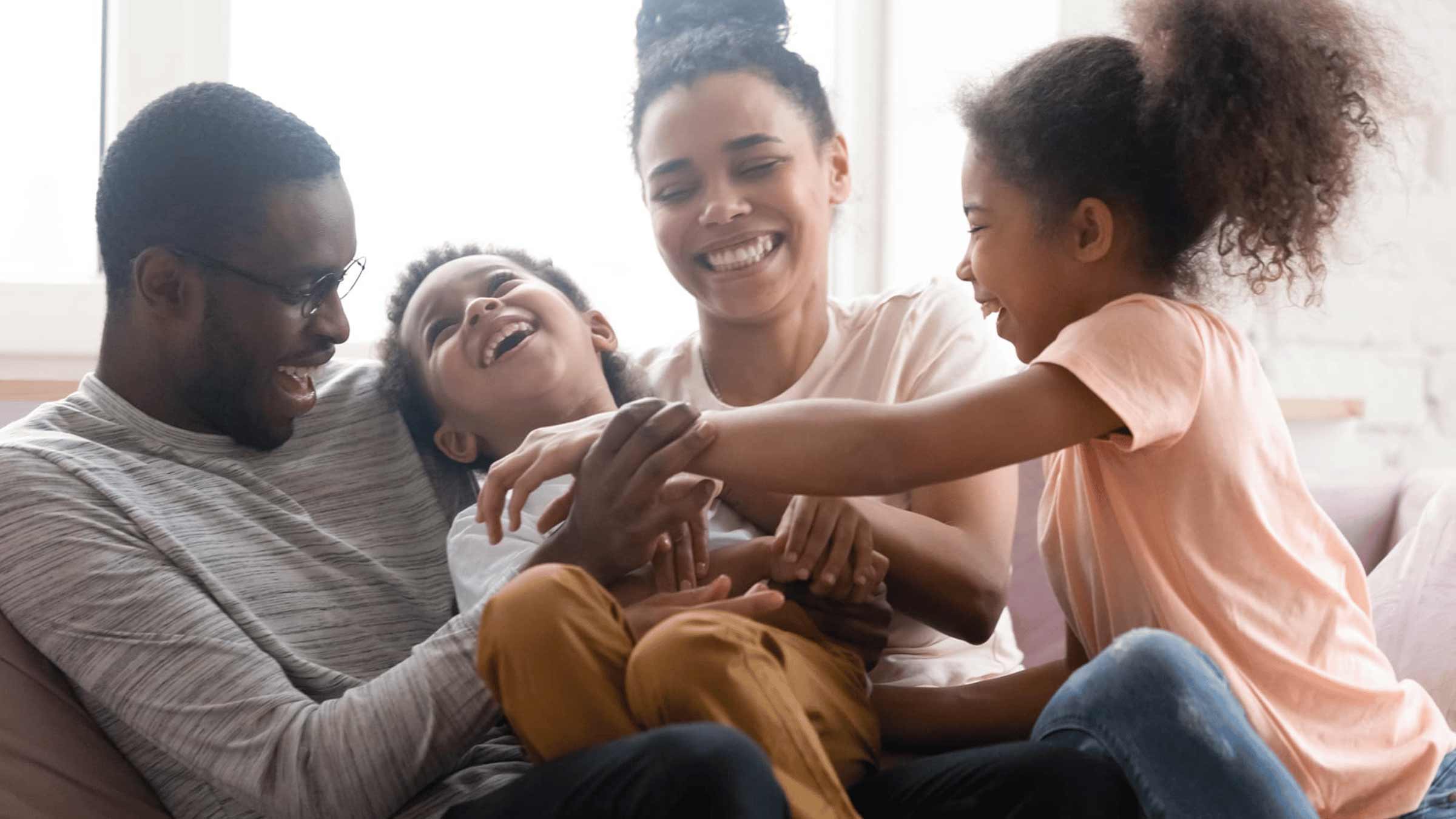
Greater Twin Cities United Way’s Community Connection Series brings together nonprofit partners, donors and stakeholders to share learnings and new ideas and discuss topics that are critical to helping our community thrive.
It would be an understatement to say that 2020 was a challenging year. Not only did our community experience a global pandemic, subsequent economic volatility, civil and political unrest, but we faced them all at once, largely isolated from family and friends.
Recently, Greater Twin Cities United Way co-hosted a session with community impact leaders in philanthropy Chanda Smith Baker, Chief Impact Officer and Senior Vice President at The Minneapolis Foundation, and Pahoua Yang Hoffman, Senior Vice President of Community Impact at Saint Paul & Minnesota Foundation, to reflect on the progress, challenges and leadership learnings from 2020.
The past year required leaders to determine a course of action, while caring for their teams and themselves. Leadership in crisis entails centering on humanity, acknowledging the many truths people hold, and having honest discussions about the changes yet needed. Below are a few insights on leading through adversity that were shared in the time spent with Pahoua and Chanda.
Philanthropic leaders navigated how best to support staff, community, the nonprofit sector – and themselves. My first reaction to the news of COVID-19 reaching Minnesota was to instruct my team to get on the phone with our grantee partners. What are they seeing and hearing? What are they contemplating? How can we support? This centered us in the immediate needs of the individuals and organizations that our Greater Twin Cities United Way work supports.
Another dimension to this, as I’ve shared with my team, is that “we are not required to set ourselves on fire to keep others warm.” Intentionally prioritizing our own humanity and need for self-care allows us to better show up for others.
As a community leader, holding and honoring many perspectives is essential to the development of sound strategy and effective leadership. Chanda Smith Baker shared: “There are [multiple] truths that are constantly being held. There is importance in understanding the context and knowing that my role in leadership is not about my opinion; it is about me creating conditions for good work to happen, which means I have to consider where everybody else is landing.”
Chanda also encouraged us with the question, “What do we need to unlearn before we can learn?” In order to listen to the truths of others, we may need to unpack our own beliefs or views.
Looking ahead, many opportunities exist to move the needle on lasting change. Pahoua Yang Hoffman shared: “Last year, there was a lot of honesty about what we were not doing. We embraced these conversations, while grounding it in movement toward action.”
Leadership in crisis requires honest discussion, grounded in possibility, about the changes yet needed.
We are far from tying a neat bow on events of the past year. But when we unite as changemakers, we can disrupt systems and address the challenges no one can solve alone. Together, we will create a community where all people thrive, regardless of income, race or place.